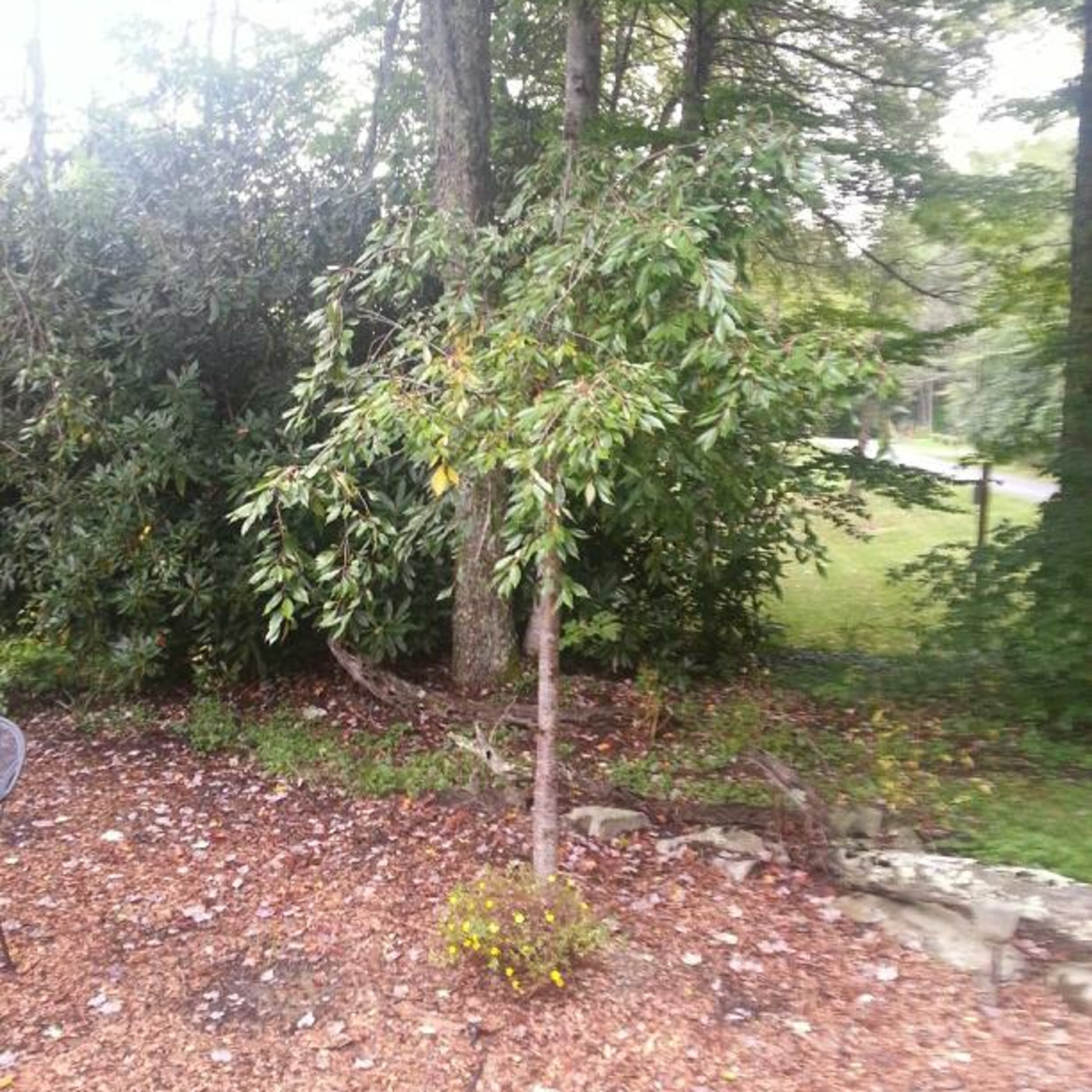- religion
- SEE MORE
- classical
- general
- talk
- News
- Family
- Bürgerfunk
- pop
- Islam
- soul
- jazz
- Comedy
- humor
- wissenschaft
- opera
- baroque
- gesellschaft
- theater
- Local
- alternative
- electro
- rock
- rap
- lifestyle
- Music
- como
- RNE
- ballads
- greek
- Buddhism
- deportes
- christian
- Technology
- piano
- djs
- Dance
- dutch
- flamenco
- social
- hope
- christian rock
- academia
- afrique
- Business
- musique
- ελληνική-μουσική
- World radio
- Zarzuela
- travel
- World
- NFL
- media
- Art
- public
- Sports
- Gospel
- st.
- baptist
- Leisure
- Kids & Family
- musical
- club
- Culture
- Health & Fitness
- True Crime
- Fiction
- children
- Society & Culture
- TV & Film
- gold
- kunst
- música
- gay
- Natural
- a
- francais
- bach
- economics
- kultur
- evangelical
- tech
- Opinion
- Government
- gaming
- College
- technik
- History
- Jesus
- Health
- movies
- radio
- services
- Church
- podcast
- Education
- international
- Transportation
- Other
- kids
- podcasts
- philadelphia
- Noticias
- love
- sport
- Salud
- film
- and
- 4chan
- Disco
- Stories
- fashion
- Arts
- interviews
- hardstyle
- entertainment
- humour
- medieval
- literature
- alma
- Cultura
- video
- TV
- Science
- en
The Beloved Community: Pilot

b'In his 1959 Sermon on Gandhi, Dr. King said: \\n\\n\\u201cThe aftermath of nonviolence is the creation of the beloved community, so that when the battle\\u2019s over, a new relationship comes into being between the oppressed and the oppressor\\u2026.The way of violence leads to bitterness in the survivors and brutality in the destroyers. But, the way of non-violence leads to redemption and the creation of the beloved community.\\u201d \\n\\nOn \\u201cThe Beloved Community\\u201d we address the philosophical and spiritual foundations for non-violence, activism, political engagement and peace building. We also hear voices of those who are building the beloved community right here in Portland. The goal is to gain inspiration, solidarity, wisdom, and insight for your own activism. \\n\\nOn this pilot edition of \\u201cThe Beloved Community,\\u201d host John Shuck speaks with three activists. Each of them brings a unique voice and perspective to bringing Martin Luther King\\u2019s vision to fruition. Marianne Williamson, is a New York Times Bestselling author, lecturer, and activist. She will discuss the spiritual foundations of the Beloved Community as we discuss her latest book, Tears to Triumph: The Spiritual Journey from Suffering to Enlightenment. \\n\\nG. Scott Brown, is the Co-founder of the Colorado Center for Restorative Practices. He was formerly an activist for Greenpeace and now brings the principles of non-violence to all of his social justice work. He will be in Portland on August 16 th to discuss his latest book, Active Peace: A Mindful Path to a Non-Violent World. \\n\\nWe close the hour speaking with Jenna Yokoyama. Jenna is a co-host of the KBOO program, Pacific Underground that airs every FOURTH Friday of the month at 11:00 a.m. \\u201cPacific Underground is a show by Asians and Pacific Islanders (APIs) taking the mic into our own hands.\\u201d She will discuss the Asian-American experience in Portland including why it is problematic to use phrases such as the \\u201cAsian-American experience.\\u201d'